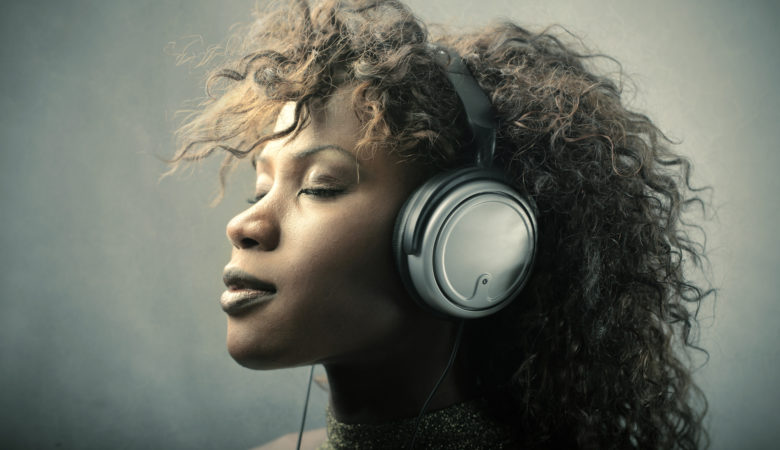Tap into the Healing Power of Music

How’s your health these days? If you’re stressed, anxious or in pain, music therapy might be the answer to your problems. Whether you chill to lo-fi beats or you’re a metalhead all the way, listening to music has been scientifically proven to treat conditions ranging from asthma to epilepsy.
Music therapy is usually used in conjunction with other therapies—no one is claiming that you can cure a stroke with Nine Inch Nails on repeat. However, they can help patients cope with stress and assist in the body’s natural healing process.
Read on to discover why it works—and how you can incorporate the healing power of music into your own life.
Science says music can help us heal
Studies have shown that listening to music 30 minutes per day can lower pain and anxiety levels in heart attack survivors. Another study found that it can be used to slow heart rates and decrease blood pressure. Even Johns Hopkins is researching the effects of music on neurological diseases, like Parkinson’s, Alzheimer’s, stroke and epilepsy.
Music therapy focuses on three different areas: cognition, speech and motor skills. For instance, music can help increase attention spans or help you remember things. If you’ve ever had to sing the Alphabet Song while alphabetizing something, you’ve experienced the power of music therapy on speech and cognition.
The effects on motor skills are even more interesting. Music is used to help people with Parkinson’s, brain injuries and strokes walk again: whereas they might have shuffled without music, practicing with a song helps patients increase their gait and lessen the need to pause so frequently. In fact, learning to play harmonica can help Parkinson’s patients regulate their breathing.
Incorporating music therapy into your own life
Obviously, you should always see a medical doctor for any health complaints. Music can help you heal, but it will only take you so far. However, you can incorporate the tenets of music therapy into your life by approaching music with intention.
Not all music is going to work to lower your stress. While some people might find Taylor Swift to be relaxing and relatable, others might find her voice and lyrics to be like nails on a chalkboard. Similarly, you don’t have to buy Enya’s entire catalogue to reap relaxation benefits.
Here are some tips to make music a bigger part of your life:
- Be mindful of the noise around you: Restaurants, shops, bars and other public places often use music to set the tone. When you’re choosing a location to write the great American novel or talk to clients, be aware of how much noise is around you, and what kind of music plays. While some people love loud background music, others may find it stressful, thus defeating the purpose.
- Choose songs you enjoy: Don’t listen to music you hate—that will counteract any healing benefits you might enjoy. Instead, pick some songs you love that fit the mood you desire, whether that’s relaxation, stress relief or confidence-boosting.
- Learn to play an instrument: Learning to play an instrument can help you harness the healing power of music, as well as improve your cognitive function, memory and attention span. A simple harmonica or inexpensive recorder is all you need to get the job done. Plus, there are plenty of online tutorials to help you achieve your goals.
- Play it in the car: Got road rage? Listening to music in your car will help you deal with traffic stress. Just make sure it’s a tune you generally enjoy. Bonus points if it makes you want to sing along.
The bottom line
Music has been scientifically proven to help us relax, focus and lower our stress levels. The next time your body is flooded with cortisol, consider popping in your ear buds and listening to a song you love. When you match the song with the mood you need, you’re more likely to lower your heart rate and regulate your breathing.
Musical therapy should always be used in conjunction with professional medical and mental health assistance. Think of it as a complementary treatment: while it won’t solve all of your problems, it can prime your body and mind to respond better to treatment.
Above all, make sure that you enjoy the practice. If practicing an instrument or listening to gangsta rap stresses you out, it won’t have the same healing effects. You’ll be amazed at how you feel after just a half hour of listening to your favorite tunes.

